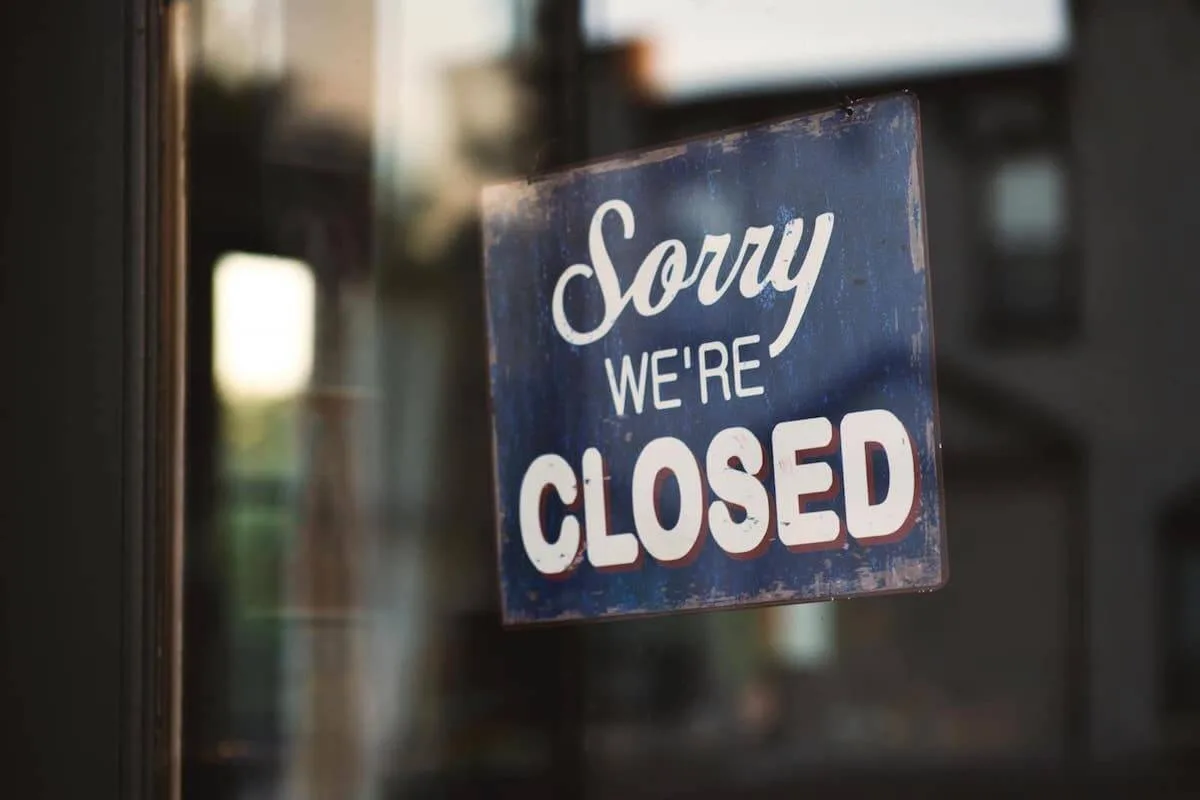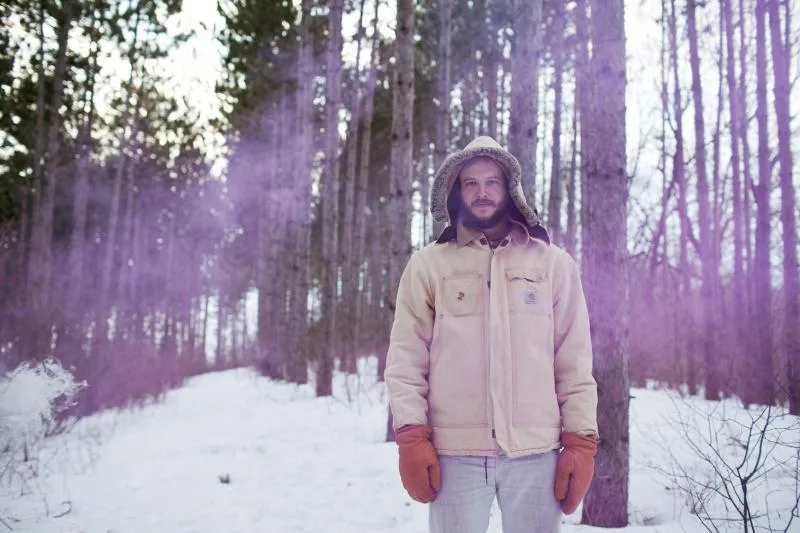
#image_title
#image_title
Health officials warned an already-impatient nation that the pandemic’s impact would last months rather than weeks. If only.
On the afternoon of St. Patrick’s Day 2020, a tweet from Gov. Tony Evers brought the coronavirus pandemic closer to home for many in Wisconsin.
“A few moments ago, I announced that at 5pm tonight bars will be closed and restaurants will be take-out or delivery only statewide,” read the governor’s post. “Our top priority at this time to keep Wisconsinites safe and healthy by reducing the spread of COVID-19, especially for those who are high-risk.”
Evers also ordered gatherings—which had been limited to 50 people—further restricted to 10.
An UpNorthNews reporter checked out Milwaukee’s Brady Street neighborhood, normally a bustling scene of green-clad revelers at various taverns and other businesses that instead were closed or limiting the number of customers allowed inside. Emily Kucek, then 23, was about to apply for unemployment because the restaurant where she worked had shut down indefinitely.
“It’s kind of scary because there is no end date,” she said at the time, noting she might have to tap into her vacation fund or ask her parents for assistance.
Five days earlier, Evers had declared a public health emergency as the state’s total number of COVID-19 cases rose from six to 46 in a matter of days—confirming that the coronavirus was now spreading from person to person and not only arriving from individuals coming into the state. Local bus systems began shutting down or limiting service, putting additional stress on a segment of the workforce that doesn’t have the luxury of being able to work from home—a group hurriedly, and in hindsight too briefly, given the heroic designation as “essential workers.”

In the weeks prior to the pandemic reaching Wisconsin, the average daily number of new unemployment claims was around 700. On that St. Patrick’s Day, it was 8,500. The next day, 15,000 more. Another 16,000 the following day.
As those thousands of families felt the stress of paying bills, Congress began debating emergency relief that included 14 days of paid leave. Sen. Ron Johnson and other Republicans opposed the measure on the grounds it would harm small businesses even though the legislation included having those costs covered by the federal government.
Then-President Donald Trump was already proving to be an impediment to state’s seeking relief. Asked that week by a group of governors to help with the skyrocketing need for respirators, Trump told them to use the private sector. “We will be backing you, but try getting it yourselves. Point of sales, much better, much more direct if you can get it yourself.” Asked about the stock market plunging, his economic advisor Larry Kudlow described Trump as “very calm” and that it provides “a great opportunity to buy.”
On March 18, Wisconsin became only the 13th state to reach 100 cases of COVID-19. By the end of the week, the number had passed 200 and the death toll was three.
Coverage by UpNorthNews that week included this closing line from a story: “With the pandemic most likely peaking in the United States in months rather than weeks, it’s unclear how long governments will keep social distancing policies in place.”
It didn’t work out that way.
The following week, Evers would provide a “safer at home” order with limits that would be challenged in a lawsuit by Republican state legislators and heard by the conservative-led Wisconsin Supreme Court. On May 23, the justices overruled public health experts and overturned the safeguards. The state’s death toll that day had risen to 420.

Bars and restaurants would eventually reopen and large gatherings would resume—often in defiance of local safeguards—as the nation went quickly from a unified stance to one of division, doubt, and hostility led by Trump and supporters who saw safeguards as infringements on liberty and who believed the private sector should take precedence over public health.
After two years, 12,424 Wisconsinites have died due to complications associated with COVID-19, according to the state Department of Health Services.
Politics

Biden makes 4 million more workers eligible for overtime pay
The Biden administration announced a new rule Tuesday to expand overtime pay for around 4 million lower-paid salaried employees nationwide. The...

Biden administration bans noncompete clauses for workers
The Federal Trade Commission (FTC) voted on Tuesday to ban noncompete agreements—those pesky clauses that employers often force their workers to...
Local News

Readers Poll: Top Bowling Alleys in Wisconsin
Looking for the best bowling in Wisconsin? Look no further! Our readers have spoken in our recent poll, and we have the inside scoop on the top...

8 Wisconsin restaurants Top Chef judges are raving about
Top Chef’s 21st season is all about Wisconsin, and on-screen, it’s already apparent that the judges feel right at home here. But, while filming in...





